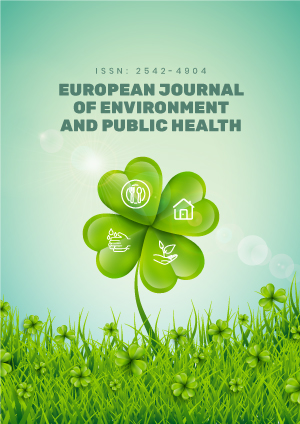Abstract
The novel coronavirus disease (COVID-19) originated from China and spread globally within a short period. The spread of the first and second wave of COVID-19 were influenced by factors such as population density and weather changes. Areas that are densely populated have reported increased confirmed cases of COVID-19 compared to less populated areas. The main reason for this could be the fact that it is difficult to practice social distancing in overpopulated countries. With regards to temperature changes, most respiratory infections affect people when temperatures are low. This is exaggerated when there is increased air pollution in the environment. Economic factors have prevented countries to conduct a lockdown of epicentre towns and cities. This is in fear of an economic shut down because some cities are economic cornerstones of countries. Politically, most political leaders have failed to lockdown their countries for the fear of losing political support from their citizens. Further, some traditional and religious beliefs have also influenced the spread of COVID-19, thereby leading to increased morbidity and mortality globally. The spread of COVID-19 has been worsened by peoples negative perceptions and misinformation that COVID-19 is a myth, and thus relax to adhere to the recommended preventive measures. Besides, comorbidities, poor health-seeking behavior, and lack of vaccines, inadequate treatment modalities and test kits have worsened the failure to contain the COVID-19 pandemic. The initiation and implementation of COVID-19 vaccination programs will help reduce the disease burden. However, there is need to improve the awareness and uptake of COVID-19 vaccines globally. Low COVID-19 vaccine acceptability and uptake due vaccine hesitancy have been reported globally. Hence, there is a need for continuous community sensitisation and education programmes and campaigns on the benefits of vaccines in containing disease outbreaks.
License
This is an open access article distributed under the Creative Commons Attribution License which permits unrestricted use, distribution, and reproduction in any medium, provided the original work is properly cited.
Article Type: Short Communication
EUR J ENV PUBLIC HLT, Volume 5, Issue 2, 2021, Article No: em0081
https://doi.org/10.21601/ejeph/11056
Publication date: 13 Jul 2021
Article Views: 3221
Article Downloads: 3630
Open Access References How to cite this article
 Full Text (PDF)
Full Text (PDF)